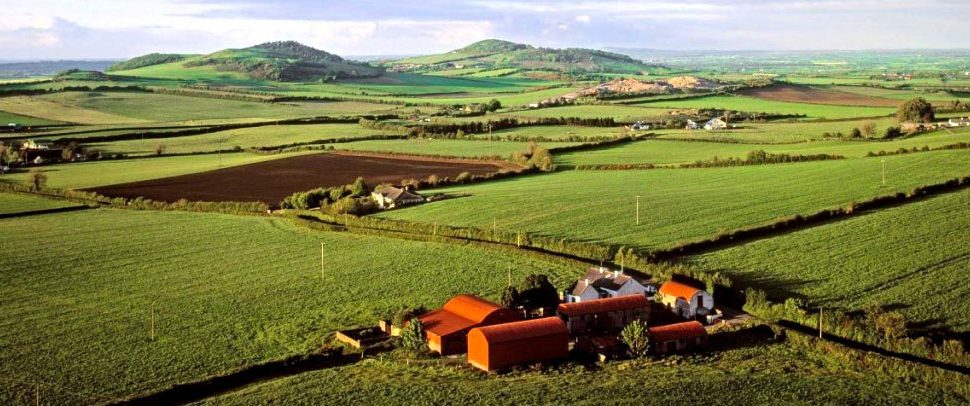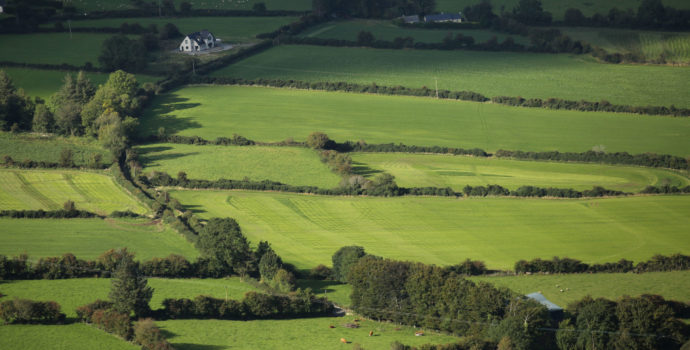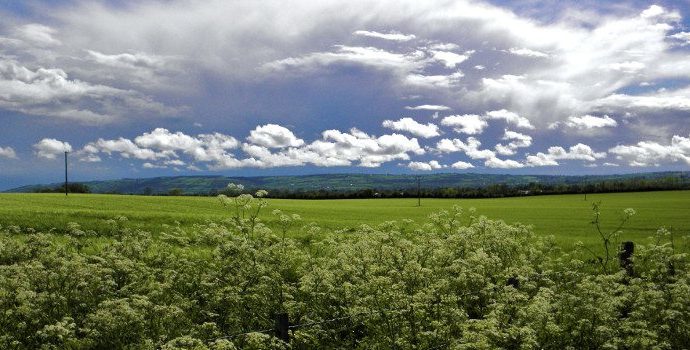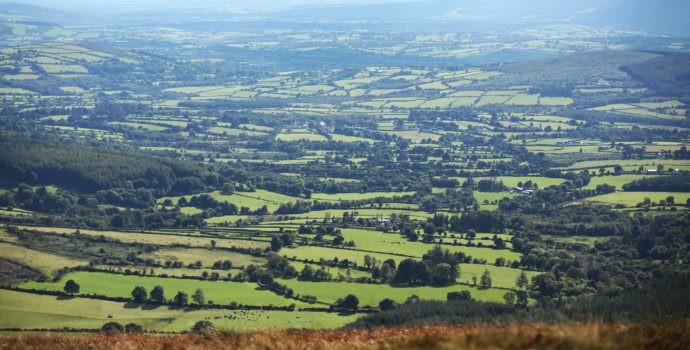Carbon Tax a ‘No-Go’, but Some Useful Proposals in Citizens’ Assembly Report

Commenting on the final report on climate change from the Citizens’ Assembly, IFA President Joe Healy has said the carbon tax proposal is a ‘no-go’, but there are other recommendations that could reduce carbon in the national economy.
Joe Healy said increasing the existing carbon charge on farming would merely continue a failed policy of more taxes without delivering any reduction in national emissions.
Agriculture’s greenhouse gas emissions have fallen by 3.5% since 1990. At the same time, national emissions are up 10.4%. In the case of transport, emissions have increased by 139%.
However, he said there are many aspects of the report that provide a real platform for change in the transition to a low-carbon economy, including:
- The State should enable, through legislation, the selling back into the grid of electricity from micro-generation by private citizens (for example energy from solar panels or wind turbines on people’s homes or lands) at a price which is at least equivalent to the wholesale price.
- The State should act to ensure the greatest possible levels of community ownership in all future renewable projects.
Joe Healy called on all stakeholders to move on from the often divisive and unrealistic calls for Irish farmers to reduce their emission efficient model of dairy and beef production.
He said, “Farming has a real role to play in the climate debate and the decarbonisation of the energy sector, through the mobilisation of our land resources for renewable heat, transport and electricity production. This requires immediate policy certainty, including:
- A change to the Commission for the Regulation of Utilities recent grid connection policy decision, to allow preferred grid access for farm-scale and community based renewable projects;
- The introduction of a feed-in price support tariff for roof-top and ground mounted micro and community renewable electricity projects by the Department of Energy;
- The ring-fencing of at least 20% of the price support paid by all citizens in their electricity bills for small scale and community projects;
- The development of an end use market for indigenous renewable energy produced in Ireland, by obliging all public building to use a minimum of 20% renewable heating and electricity.
Concluding, Joe Healy said, “The publication of this Citizens’ Assembly report provides a real opportunity to restart the debate around Ireland’s response to the climate challenge in a more pragmatic way”.




